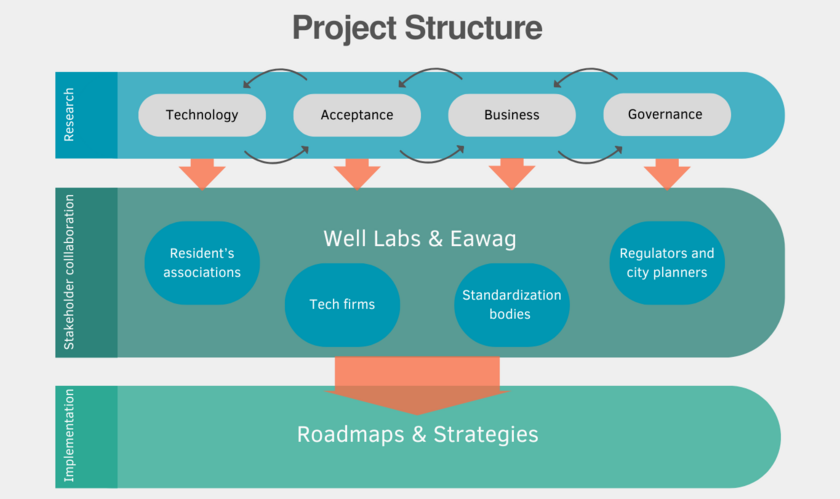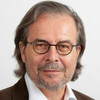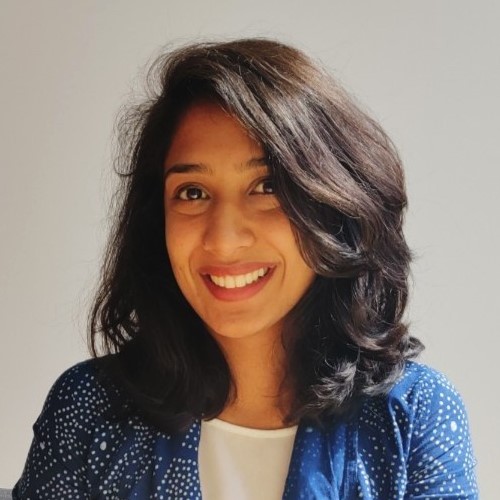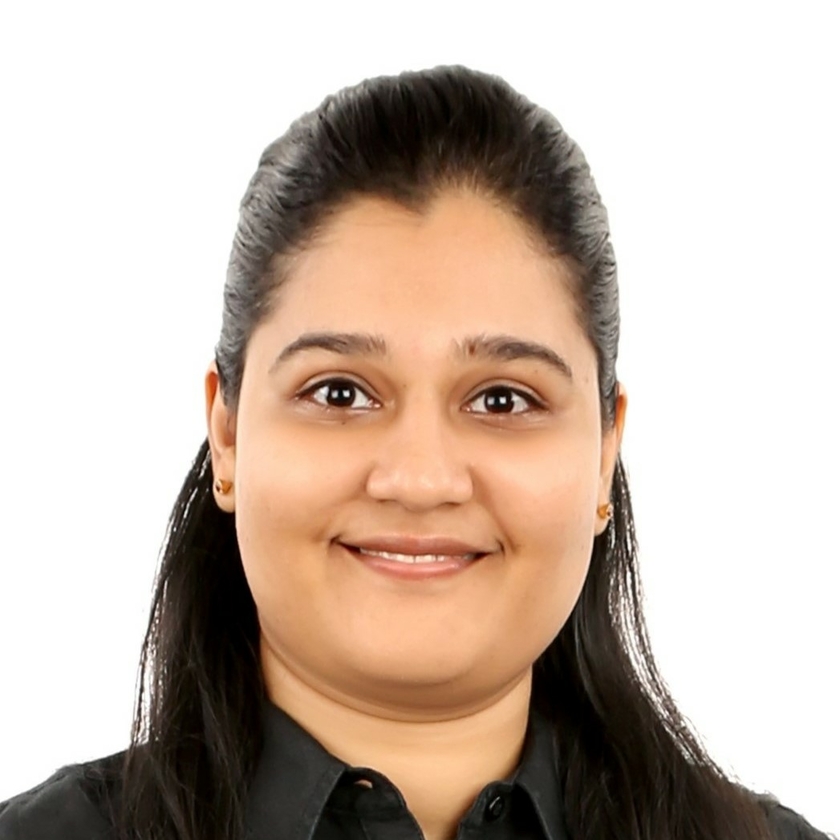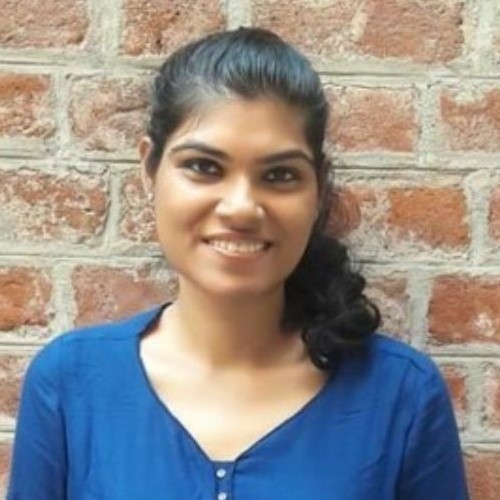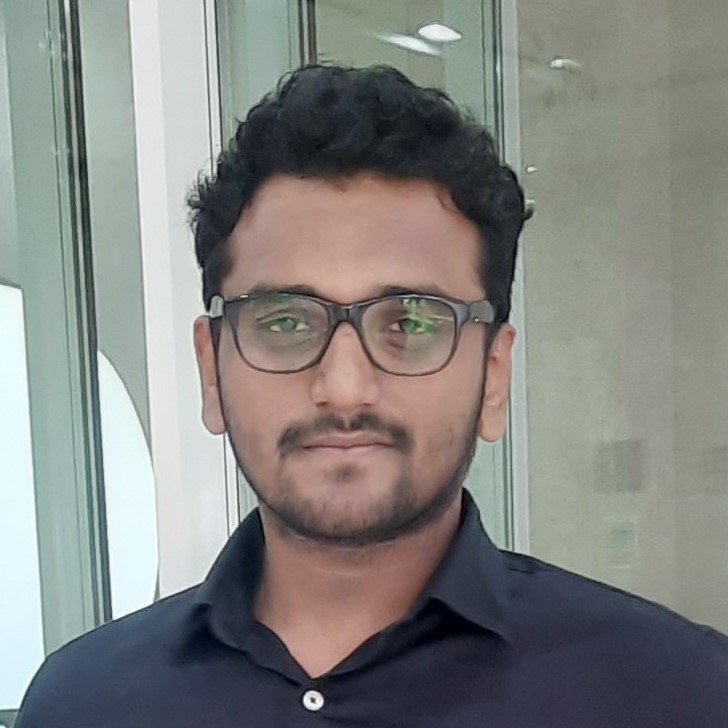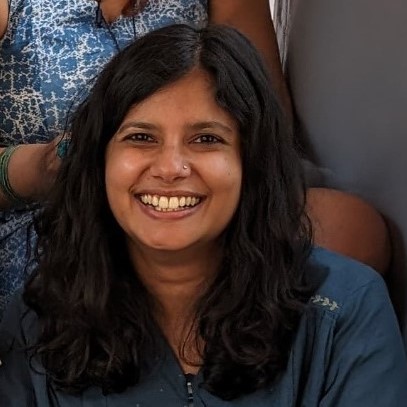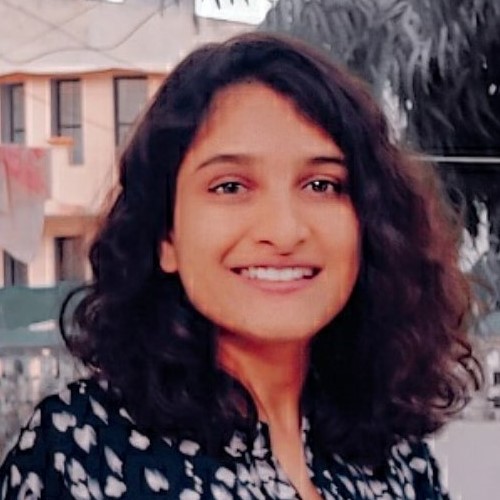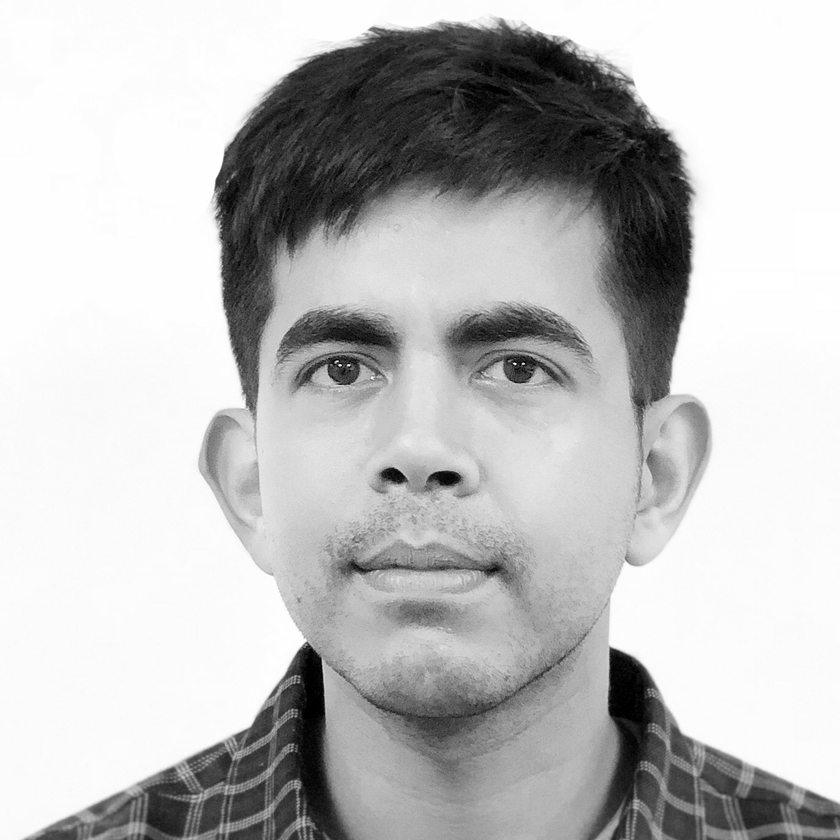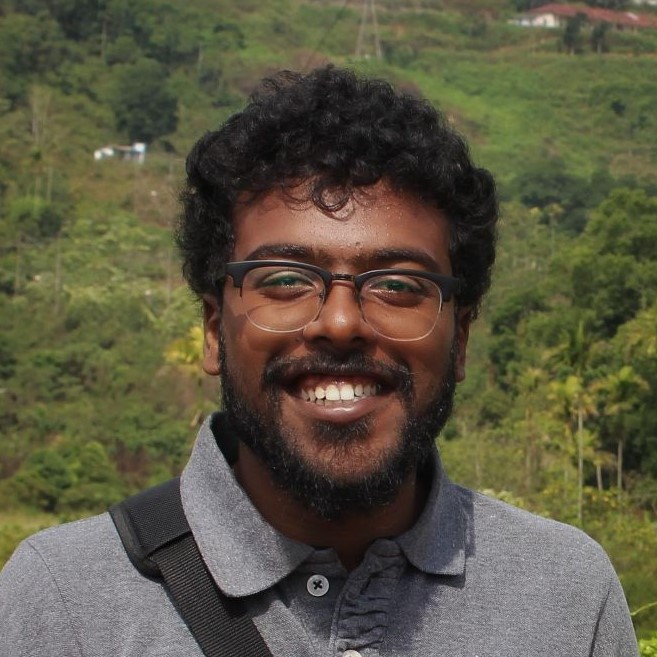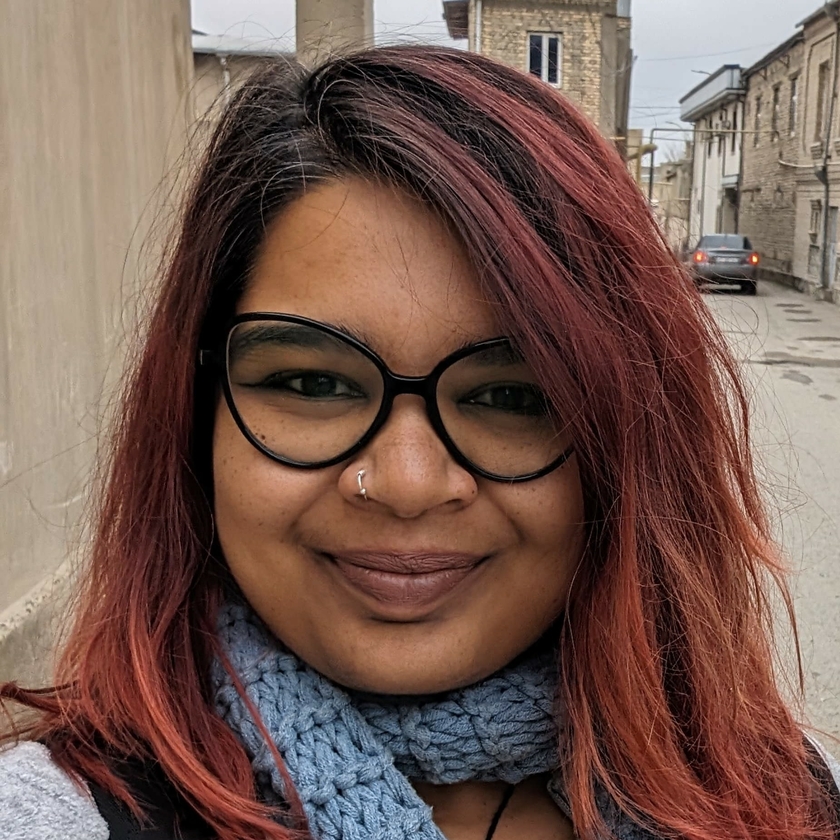Department Environmental Social Sciences
WaterReuseLab
Bengaluru as a real-world laboratory for transforming urban water management
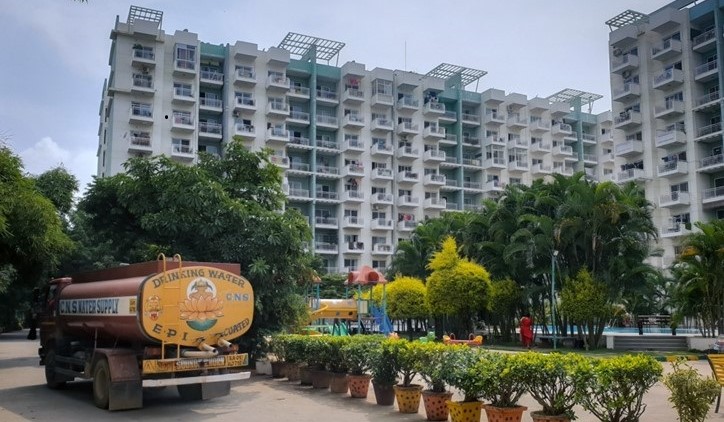
The WaterReuseLab project aims at analyzing whether and how a new generation of high-quality decentralized wastewater reuse systems could be developed in Bengaluru, India and scaled up to other cities in India and beyond. In close collaboration with local research partners and stakeholders, the project assesses technologies, water quality monitoring approaches, business models, user acceptance issues and governance models that taken together could help create water reuse solutions ‘that work’ in addressing booming megacitie’s complex water challenges.
Background
Providing a growing urban population with safe and affordable water is a key sustainability challenge of our time, especially in the booming megacities of low-and middle-income countries. Decentralized water treatment and reuse systems (DWTRS), which treat wastewater onsite and enable water reuse directly within buildings or in construction sites, laundries or public parks in the neighborhood offer a flexible and drought-resilient solution. However, few cities have successfully implemented DWTRS at scale, and research on how technological and social factors jointly influence the performance of this innovative water management approach is still scarce.
The WaterReuseLab project addresses this gap by exploring the development of DWTRS in Bengaluru, India—a case study exemplifying water and sanitation challenges in rapidly growing megacities. The project applies a socio-technical systems perspective for identifying success conditions for creating reliable, acceptable, affordable, and scalable DWTRS solutions. It will provide a holistic assessment of DWTRS development potentials and barriers and analyze how shifts in context conditions, incentives, and actor strategies impact the emergence of a new template for urban water management in Bengaluru. Additionally, the project will examine how local coalitions can navigate various development scenarios and how solutions developed in Bengaluru could diffuse into other Indian cities and beyond.
The project builds on intensive inter- and transdisciplinary exchanges among researchers from various Eawag departments, our local research and implementation partners, WELL Labs and CDD, as well as practice partners in Bangalore and Switzerland. Our research questions and outputs are defined and refeined through constant interactions with local partners and through a series of stakeholder workshops organized across the full duration of the project.
Work Package 1: Technology
Work Package 1 focuses on developing technologies and strategies for effective on-site wastewater treatment to ensure quality and microbial safety of treated wastewater for non-potable reuse. This includes the operation of membrane-based ultrafiltration systems and integration of simple sensors for online monitoring and control, with the goal of achieving a low-cost and robust treatment solution. Further, pathogen concentrations (viruses, bacteria, protozoa) will be determined in existing systems to conduct a microbial risk assessment and establish appropriate removal targets and treatment configurations.
Work Package 2: User acceptance
Technological advancements and the creation of viable business models to increase on-site wastewater treatment and reuse can only be successful if they are accepted by the users. Work Package 2 investigates the determinants of user acceptance. For example, we are interested in how different technological configurations (e.g. real-time monitoring of the water quality or differences in reuse purposes), different business models (e.g. on-site reuse vs. selling the water for off-site reuse), and different contextual factors (e.g. high or low water scarcity) relate to changes in user acceptance.
Work Package 3: Business models
Work Package 3 analyzes how new business models can be created that guarantee save reuse while providing local businesses and residents with tangible financial, ecological and social benefits. Based on surveys with end users, expert interviews and a series of stakeholder workshops, we conduct a comprehensive system analysis and identify trajectories for scaling high-quality solutions for on-site and off-site water reuse.

Dr. Johan Miörner
Guest Researcher, Group: Cirus
Send Mail
Work Package 4: Governance
Work Package 4 aims to conduct a comprehensive study on the governance framework surrounding decentralized wastewater treatment and reuse, encompassing policies, institutional structures, and regulatory mechanisms. The analysis identifies gaps between policies and practice. Ultimately, it provides actionable recommendations to establish a functional reuse value chain.
Work Package 5: Stakeholder Interaction
WELL Labs is conducting research on and promoting the adoption of decentralised wastewater treatment and reuse in Bengaluru for improved water security through mapping existing decentralized sewage treatment plants, identifying commercial and industrial demands and interviews with RWAs. WELL Labs is also building and anchoring stakeholder relationships by bringing actors from the government, civil society organizations, RWAs, industries, and startups together to co-create strategies ranging from policies and guidelines to outlining design requirements for new technologies to boost wastewater reuse in the city.
Outputs
Related Publications
Social Media
WELL Labs Blog
Bengaluru Water Shortage: Where Does the City Get Water from? (welllabs.org)
Wastewater Reuse Policies across Indian States (welllabs.org)
What We Learnt from the Water Reuse Project in 2023 - WELL LABS
How We Can Make Bengaluru’s Water Systems More Sustainable and Affordable - WELL LABS
Wastewater Conference: Turning Bengaluru into the 'Silicon Valley for Water Innovation' - WELL LABS
Bengaluru has Highest Number of Decentralised STPS in the World' - WELL LABS
Why Better Wastewater Management Could Help Solve Bengaluru’s Water Crisis - WELL LABS
Water, Environment, Land and Livelihoods (WELL) Labs on LinkedIn: #dyk #bengaluru
Water, Environment, Land and Livelihoods (WELL) Labs on LinkedIn: #bengaluru #wastewater #cauvery
Water, Environment, Land and Livelihoods (WELL) Labs on LinkedIn: #wastewater | 11 comments
Youtube

